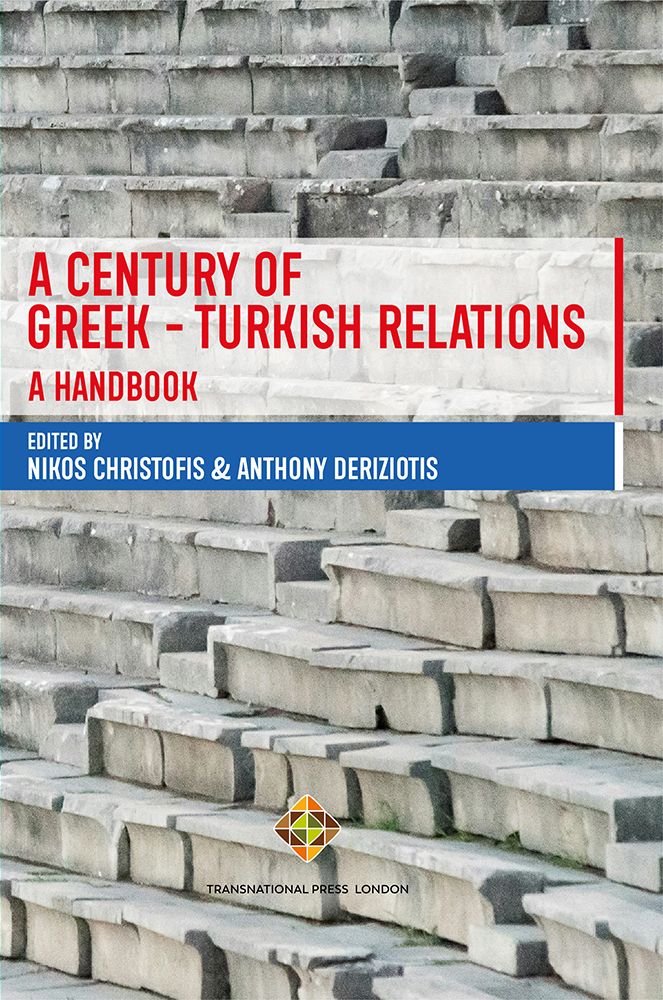Reciprocal Minorities in Greece and Turkey: Α century of adversity
Reciprocal Minorities in Greece and Turkey: Α century of adversity
Author(s): Konstantinos Tsitselikis
Subject(s): Politics / Political Sciences, Ethnic Minorities Studies
Published by: Transnational Press London
Keywords: Reciprocal; Minorities; Greece; Turkey; century; adversity;
Summary/Abstract: Muslims in Greece and non-Muslims in Turkey have historically found themselves in an ambivalent, mirrored status of legal protection, one which has often been undermined for political and ideological reasons. Their religious, educational, and other institutions have been subject to distinct legal norms based on a communal perception resembling the autonomy that the Ottoman Empire had reserved for the non-Muslim millets. The pre-modern Ottoman millet divisions partly found their final expression in the formation of the nation-states of the Balkans during the late 19th and early 20th centuries. The Christian states that seceded from the Ottoman Empire (Greece, Bulgaria, Romania, and Serbia) borrowed from the millet system to lay out the institutional and legal framework of Muslim communities that remained within their borders. This model prevailed in Turkey also, and was used to govern the same non-Muslim minorities that the empire had recognized as millets – namely, Greek-Orthodox (Rum Ortodoks/Romioi), Armenians, and Jews. In Greece and Turkey, the notion of citizenship was strongly influenced by a post-Ottoman perception of ethnicity and turned into a theory of racial belonging (and non-belonging) continuity of both nations based on the ‘Greek genos’ and the ‘Turkish ırk’.
Book: A Century of Greek–Turkish Relations – A Handbook
- Page Range: 267-280
- Page Count: 14
- Publication Year: 2024
- Language: English
- Content File-PDF

